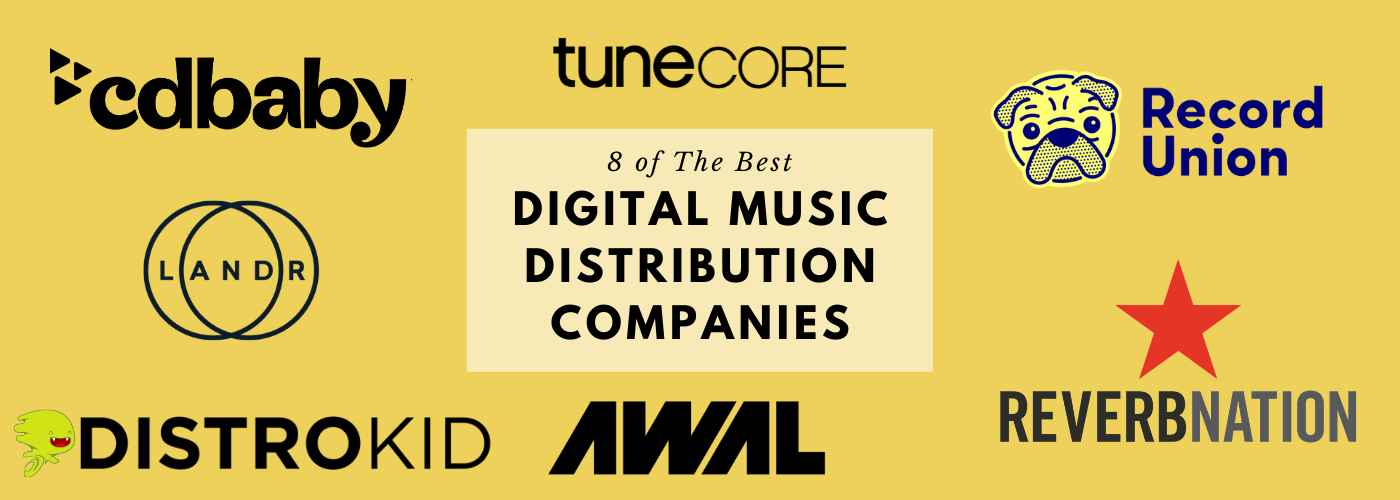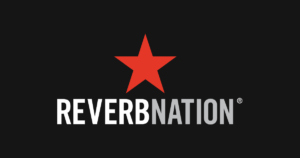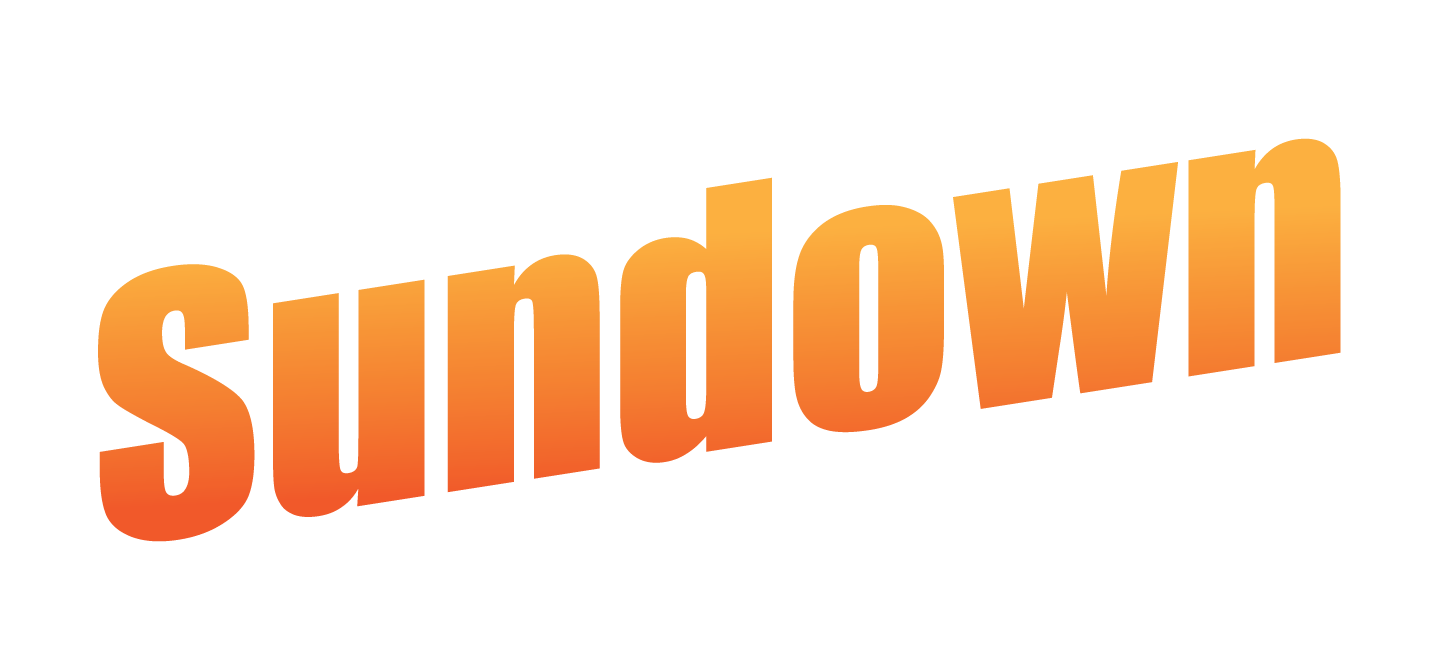
Streaming services like Spotify and Apple Music have taken over the way we consume music these days. It’s no longer just an option for the indie artist to have their music available to stream, it’s a necessity.
However, getting your music on these sites isn’t as simple as uploading a video to YouTube. Artists require what’s known as a digital music distribution company to act as a middle-man and submit music to streaming services on an artist’s behalf.
In your opinion, what’s the best music distribution service to use? Looking ???? into releasing new content.
— Juwan Smith (@thisisjuwan) January 11, 2020
Thankfully, there are plenty of options out there when it comes to digital music distribution, but this can make it hard to know which company is the best for your music.
Although, they all achieve more or less the same end result, their features and pricing schemes can vary greatly. To help make the selection process easier we’ve compiled this list of the best digital music distribution companies in 2020:
In this guide we’ll break down exactly what makes each company unique as a music distributors.
1. DistroKid
![]()
DistroKid is one of the most popular and well regarded music distribution companies of 2020. It’s a subscription based service, meaning you just have to pay a yearly fee of $19.99 USD.
You can then submit as much music as you’d like for as long as you’re subscribed. You are also able to keep 100% of the royalties you receive from streaming services.
The only downside to the subscription based method is that all your music will be removed if you stop paying your yearly fee.
One thing that sets DistroKid apart from a lot of other music distribution companies is the ability to set up automatic royalty splits. This is great in cases where a group of people worked on a song and they each own a portion of the recording. You just have to tell DistroKid who gets how much of the income and they take care of the rest.
2. CD Baby

Where DistroKid is one of the most popular subscription based digital music distributors, CD Baby is one of the most popular companies that charge a one time fee.
Currently they charge artists just $9.95 USD per song or $29 USD per album. After that, your music will be sent to all major streaming platforms indefinitely (unless you choose to have it removed).
This makes CD Baby a much better choice if you’re only planning to release music a few times a year.
However, the one downside is that they do take a commission of 9% from any money you make through them.
Another perk to CD Baby, that a lot of other digital music distributors don’t offer, is there physical music handling. For additional fees, CD Baby can print you CDs or Vinyls of your music and even distribute them to stores around the world. Although not everyone may need this service, it’s a nice option to have in case you do.
For a more in depth look at the differences between DistroKid and CD Baby, check out our recent article comparing the two.
3. TuneCore

TuneCore is one of the oldest digital music distribution companies and they have a proven track record because of that.
Like DistroKid, Tunecore lets artists keep 100% of their revenue. However, their pricing scheme is different than the others we’ve mentioned so far. They charge a yearly fee on a per single or per album basis. So, the more music you have, the more you’ll be paying each year and it adds up quick.
However, there are some perks to TuneCore that may make their services beneficial to certain artists.
First, TuneCore offers payment advances to artists who have had a significant number of streams in the past year. This can help you to fund future releases, much in the same way a label would, but as an independent artist.
Second, they offer Songwriter Services, a program that will ensure you collect all of your songwriters royalties.
So, although TuneCore’s services are more expensive than others, they may prove useful to artists who are making a significant income off of streaming, in order to offset the costs.
4. Landr

Landr is pretty new to the music distribution game, compared to other companies on this list. However, they have a long history in the online industry, as an automated mastering service.
What’s cool about Landr’s distribution service is that it’s included with any of their paid mastering subscriptions. So, if you’re already paying a monthly fee for Landr’s other services, you can distribute your music without paying anything extra.
Granted, their are many reasons why automated mastering is not the best choice for your music. It can actually be far more beneficial to have your music mastered by a professional.
So, if you don’t plan on using Landr’s mastering services, it’s hard to justify using them for distribution. This is because their yearly rate is much higher than DistroKid and most of their music distribution features are already offered by other companies out their.
5. ReverbNation

Unlike other digital music distributors on this list, ReverbNation is an all in one platform for indie artist services.
With a premium membership you’re granted two music distribution packages and you’ll also gain a slew of other artist tools. These include things like a website with a custom domain, an EPK, email list services, tools to find gigs or other industry opportunities and a lot more.
They’re certainly not the cheapest option on this list, charging $19.95 USD per month. However, if you’re just starting out as an artist and don’t have any sort of online presence, this is a great way to build everything in one place.
ReverbNation also offers distribution services separate from their premium membership, but it’s nothing fancy compared to other music distribution companies.
With that said, a noteworthy feature is their Select Package deal. It only lets you distribute your music to six streaming platforms but charges significantly less than other options out there.
At only $9 USD per album, per year and $1 USD per single, per year, this is a fantastic distribution service for artists who don’t feel the need to have their music on every streaming service and just want to focus on the key industry players.
6. Amuse

Amuse is certainly unique when compared to its competitors. They offer some very cool features that a lot of other digital distribution companies don’t, so there’s many reasons they might be the right fit for your music.
First, they’re the only major company that allows you to distribute your music for free while keeping 100% of the profits. It’s pretty hard to compete with a price like that!
They’re able to offer this as music distribution is only part of their business model. When they see an artist that they think is going to be a success, they offer to sign them to their label. This is where they make the bulk of their income, in order to fund their distribution service.
If you’re hoping to get signed one day, the potential of a record deal is one more reason to go with Amuse. Of course, there’s no obligation to sign a deal with them, if that’s not your cup of tea. You can simply use them as a free service to distribute your music.
Another interesting feature of Amuse is that they are the only major music distribution company that allows you to submit music from an app on your phone.
They advertise this as a positive feature. However, the app is the only way of submitting music and a lack of a desktop version could be an inconvenience for some people.
7. AWAL

Similarly to Amuse, AWOL is tied to a label and don’t charge anything for you to distribute your music with them. However, they do take a 15% cut of your revenue, which may be a lot for some artists.
Another unique aspect of AWAL is that they don’t work with everybody. Artists have to submit their music and be approved in order to distribute with AWAL and gain access to their services.
In this way, AWAL is kind of a half-way point between traditional labels and digital music distribution companies. The services they offer differ depending on the size and success of the artist.
Some possible perks of working with AWAL include A&R services, project funding and playlist promotion. Regardless of what services you’re offered, if you happen to be approved, AWAL certainly seems to have a more direct relationship with its clients than other digital music distribution companies.
However, all of this depends on whether or not you are accepted by AWAL. Even then, they still may not be the best option for you, dependant on your needs.
8. Record Union

Record Union has a pricing scheme that stands out from some of the other music distribution companies on this list.
It charges a yearly fee that differs depending on a couple factors. First, pricing varies whether you’re releasing a single, an EP (3-5 tracks) or an album (6-12 tracks). Second, they give you a choice of distributing your music to one, six or all streaming platforms at varying price points.
Because of this, you can really customize your distribution package to suit the needs of each particular release.
It’s worth noting that in addition to charging artists a yearly fee, Record Union also takes a percentage of your income. Usually you’ll receive 85% of what’s made. However, “royalty upgrades” are available for purchase at a fee of $25 USD. You’ll then receive 92.5% of royalties made.
Another unique feature to Record Union’s music distribution platform is their A&R network. Industry professionals can apply to work with artists on behalf of Record Union.
A&R’s can offer the artists that they recruit introductory deals and promotional opportunities, similar to an affiliate role. In exchange for their work, A&R’s receive 7.5% of the artist’s income. This portion is taken from Record Union’s cut, not the artist’s.
This feature might make, Record Union the music distribution company of choice for industry professionals working with a lot of artist’s and handling the distribution side of things.
So, Is There Really a “Best” Digital Music Distribution Company of 2020?
At this point you’ve probably realized there are a ton of digital music distribution companies out there in 2020. Each one has its own features that set it apart from others on this list. So, you can’t really rank any one distributor better than the rest.
Which music distribution company is best for you really depends on your specific needs as an artist. This list is certainly the best companies out there when it comes to digital music distribution in 2020. However, which single one of them is best for your music is up to you to decide.
As a recap, the 8 best digital music distribution companies discussed in this guide are:
After reading this article you should have a pretty good idea of what sets each platform apart from the next and which distributor is better suited for you.
If you found this guide useful be sure to share it with your friends. Check out the rest of the Sundown Sessions Blog for more tips on music business, home recording and songwriting.
